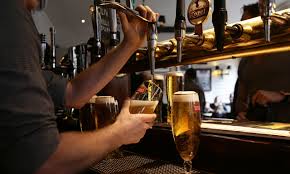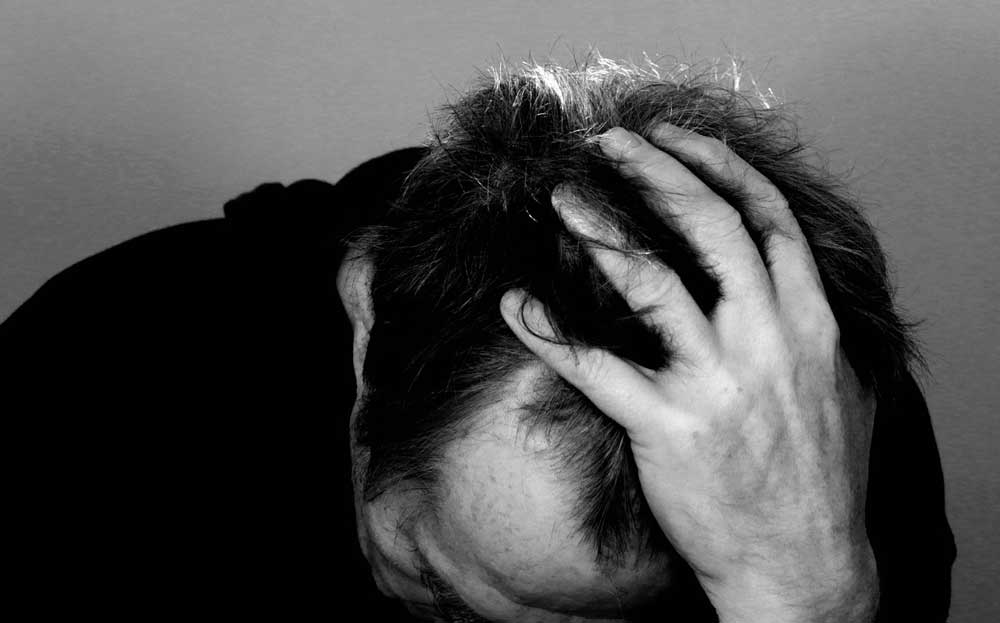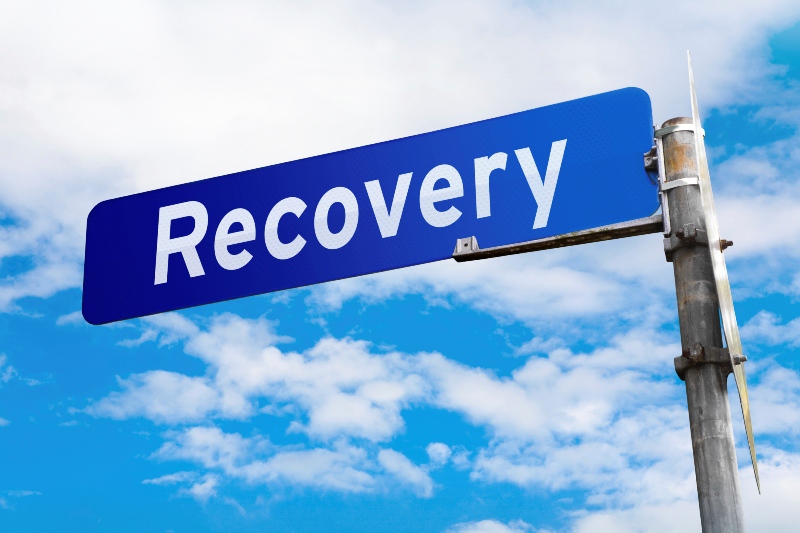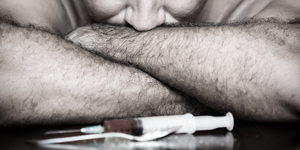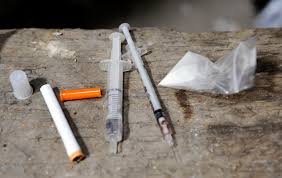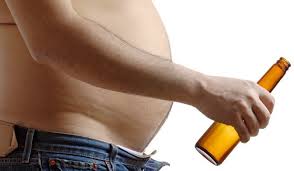Neurotransmitters balance
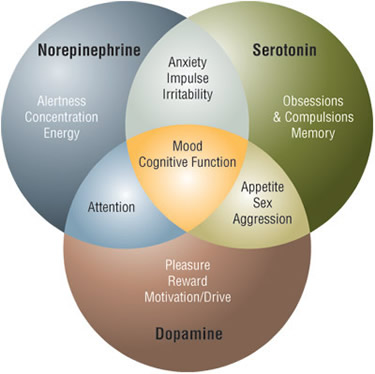
Neurotransmitters balance for good life is essential in all dimensions
Neurotransmitters balance for good life: The threats of the imbalance
Why is it important that every human being should have good neurotransmitters balance? And what exactly are these neurotransmitters? We spoke to Doctor Dalal Akoury MD President and founder of AWAREmed Health and Wellness Resource Center about this to get some answers. In her decades of experience in medicine, doctor Akoury is registering that neurotransmitter imbalances can actually cause problems in very many ways including those relating to moods, memory, addictions, energy, libido, and sleep. As we progress into the discussion, doctor Akoury is posing some question to you to help you re-evaluate your position.
- Do you have any area of your life where you feel you don’t have control over?
- Are you a shopaholic, Chocoholic, caffeine addict, or worse?
- And finally, do you get depressed for no good reason, feel overwhelmed by life, have trouble falling asleep, or are you harboring negative thoughts that you just can’t shake?
Did I speak your mind? It is important to note that if you answer yes to any of these questions, then it’s possible that you have a neurotransmitter imbalance and this needs to be corrected if you have to be in proper control over your life. That now brings us to the next question.
Neurotransmitters balance for good life: What are the neurotransmitters?
It may surprise you to note that the brain of a normal human being is composed of billions and billions of neurons which are the cells that communicate with each other via chemical messengers known as neurotransmitters. It, therefore, means that the defining features of drug intoxication and addiction can be traced to disruptions in cell-to-cell signaling.
Drugs of abuse alter the way people think, feel, and behave by disrupting neurotransmission, the process of communication between brain cells. Over the past few decades, studies have established that drug dependence and addiction are features of an organic brain disease caused by drugs’ cumulative impacts on neurotransmission. Scientists continue to build on this essential understanding with experiments to further elucidate the physiological basis for drug abuse vulnerability as well as the full dimensions and progression of the disease. The findings provide powerful leads to new medications and behavioral treatments.
Finally, now that you know the implications of not taking why you need to balance neurotransmitters, it will be of great help to you to periodically consult with experts like Doctor Dalal Akoury for any concerns you may be having as far as balancing neurotransmitter is concerned. Upon scheduling for that appointment, doctor Akoury together with her team of experts will professionally attend to you and before you knew it, you will have your life back.
Neurotransmitters balance for good life: The threats of the imbalance


